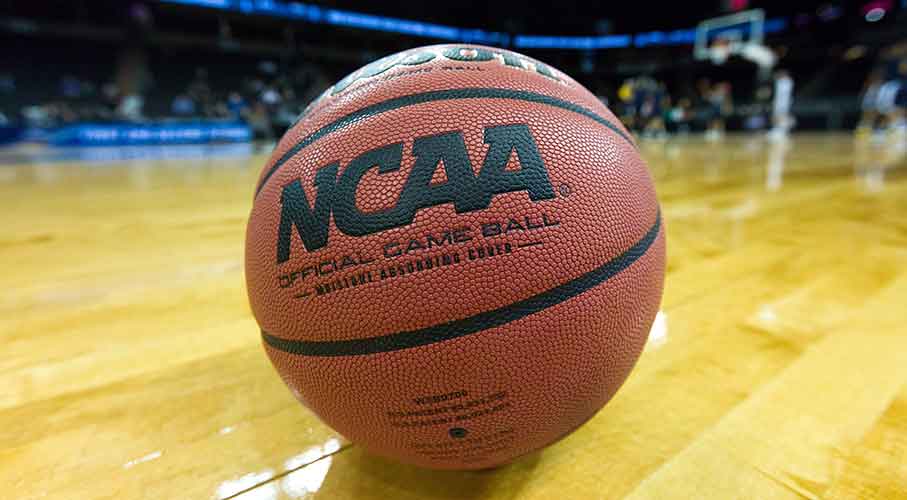AS it stands, it seems that all the bets are off in as far as the NCAA’s resistance against sports betting in the United States is concerned. Contrary to what was the case at the 2018 Final Four where the only state where players could legally place sports bets was Nevada, there are tons of changes that the association has to deal with. As Michigan State, Virginia, Auburn and Texas Tech prepare to tip off the Final Four this season, a total of eight states have already legalized sports betting and a few others are slowly moving towards the same direction. Naturally, the NCAA will have to adjust appropriately for this new reality.
According to Mark Emmet, the president of the NCAA, the new sports betting atmosphere in the United States “is going to have a dramatic impact on everything we do in college sports. It’s going to threaten the integrity of college sports in many ways unless we are willing to act boldly and strongly.” He gave this statement earlier in January at an NCAA convention.
However, the president’s and the association’s position are starting to shift with the association now seeking to find its place in as far as the sports betting industry is concerned. Eventually, the NCAA hopes to achieve a status that will afford it a seat at the big table where it will have an influence on the legal wagering world and even monitor betting lines on the college basketball games. Mark Emmet states that they hope to get to a point where the NCAA is able to integrate with betting platforms “so that when we see inexplicable behavior on the betting line, we know what’s going on there.”
The Anti-Betting Stance Remains
One of the most notable efforts that the NCAA has been making in its quest to adjust to the new sports betting industry in the United States is an initiative that seeks to prevent athletes from betting on sports. It is justifiable that the association would not want its players to place wagers on the games they are competing in.
“The membership wants a prohibition of athletes gambling in any sports, period,” Mark Emmert said last Thursday.
Despite all this, the irony in the NCAA’s decree against sports betting at the Final Four is in the fact that the tournament is one of the most popular sporting events in the industry largely because of gambling. Furthermore, the betting ban also has quite a number of loopholes mainly because the organization just does not have enough resources or the ability to monitor betting activities.
